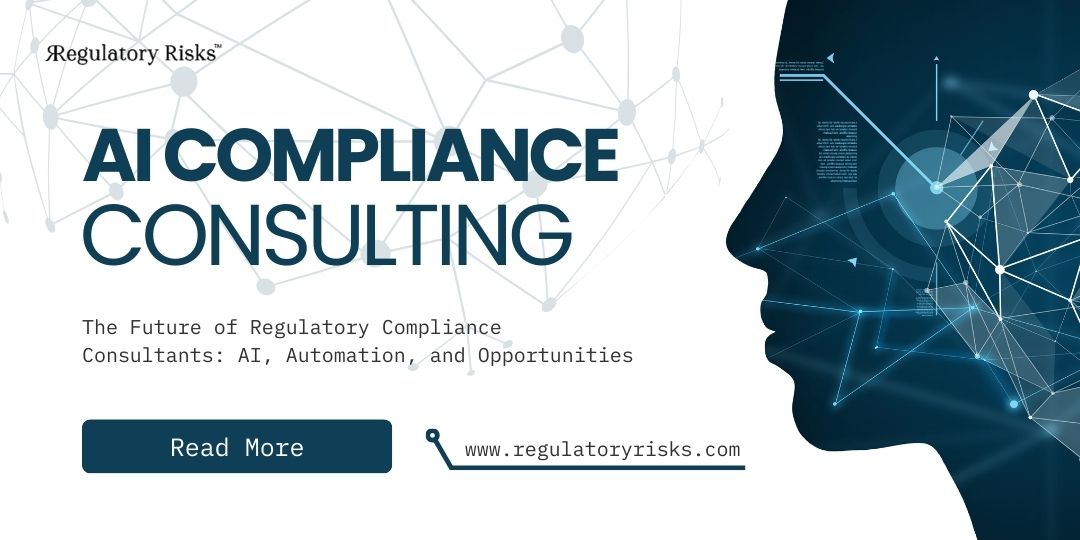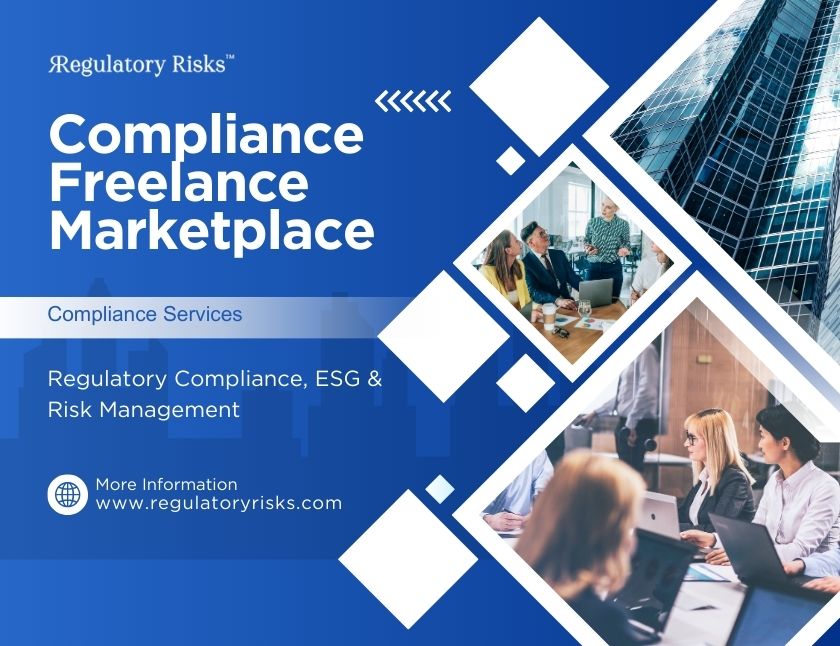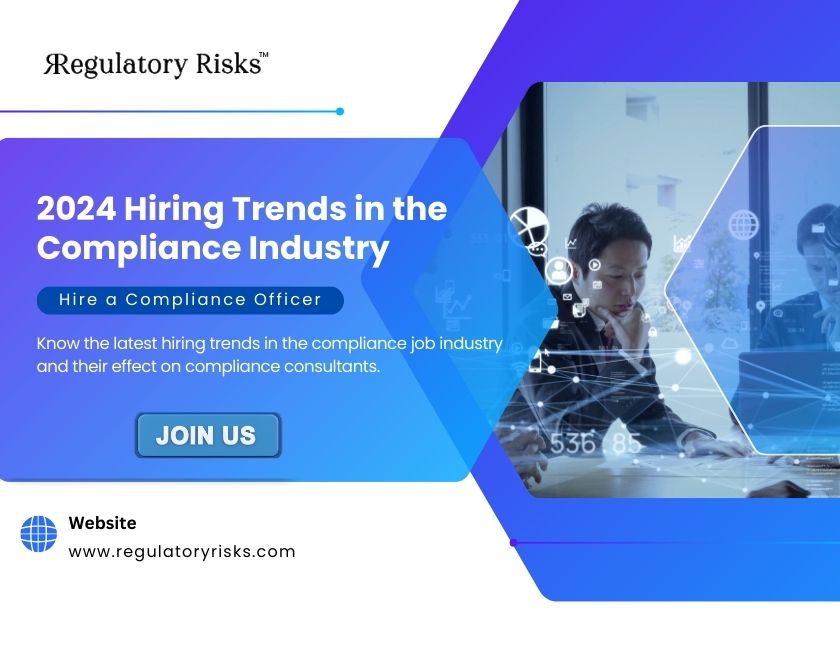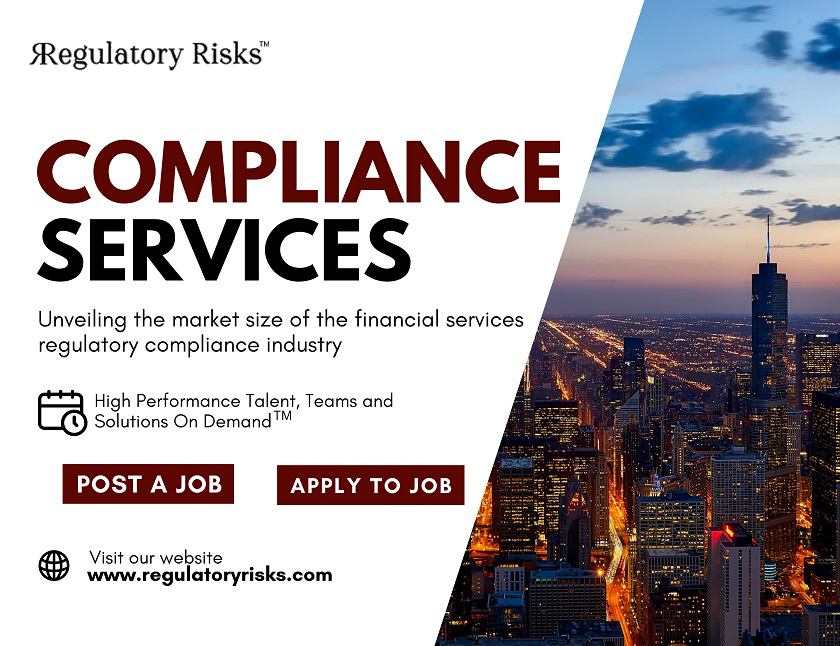As we navigate 2025, regulatory compliance is undergoing a transformative period fueled by artificial intelligence (AI) and automation. These advancements are reshaping compliance functions, particularly impacting the job roles and responsibilities within small to medium businesses (SMBs) across diverse industries such as financial services, crypto, casinos, and technology. For these sectors, keeping pace with technological evolution is no longer optional but essential for survival and success.
In this article, we'll dive into how AI and automation are reshaping compliance roles, the emerging opportunities for Regulatory Compliance Consultants, and how individuals can adapt to this shifting landscape. Let's explore how compliance professionals can stay relevant and thrive amidst these changes.
The Impact of AI and Automation on Compliance Jobs
Reduction in Routine Tasks
AI technology is automating repetitive and time-consuming tasks, such as transaction monitoring, Know Your Customer (KYC) processes, and report generation. While this brings efficiency gains, it also raises concerns about potential job displacement within compliance departments.
With automated systems able to handle these routine tasks quickly and accurately, human oversight becomes necessary only for complex decision-making. Therefore, roles are not disappearing; they are evolving into more strategic functions.
Enhanced Compliance Efficiency
The increased adoption of AI leads to greater compliance efficiency. By automating mundane tasks, compliance teams can focus on strategic planning and risk management. AI can handle massive amounts of data, flagging potential compliance issues almost instantaneously. However, these AI-driven processes require human intervention to interpret results and make nuanced decisions.
Predictive Compliance: Shaping a Proactive Role
One of AI's most transformative contributions to compliance is predictive analytics. Predictive models help foresee compliance risks before they escalate, enabling companies to take preventive action. For compliance professionals, this shift means that roles are becoming more about strategic foresight and risk prevention rather than only adhering to regulations.
Job Market Analysis: How Compliance Jobs Are Changing
Job Loss Concerns: A Mixed Reality
With AI managing routine compliance tasks, there are legitimate fears of job losses in the industry. However, this transformation is more nuanced than a simple reduction in roles. AI complements human capabilities by handling high-volume tasks, allowing compliance professionals to focus on strategic functions that require critical thinking and specialized knowledge.
New Opportunities in AI Compliance Consulting
The rise of AI-powered compliance systems has created an entirely new niche in the job market: AI Compliance Consulting. These roles require expertise in both compliance regulations and AI technology, helping businesses ensure that their AI tools remain compliant with local and international regulations. Consultants with knowledge of these systems are in high demand, offering them new career paths and opportunities.
The Role of Regulatory Compliance Consulting in 2025
Consulting as a Safety Net for Displaced Workers
For compliance professionals facing the possibility of job displacement due to automation, Regulatory Compliance Consulting provides a viable alternative. This career path allows them to leverage their skills to guide businesses through regulatory complexities. Regulatory Compliance Consultants help companies navigate the compliance landscape, particularly when they lack in-house expertise.
Growth in Consulting Services for SMBs
As regulatory requirements grow more complex, many SMBs are turning to Regulatory Compliance Services instead of building in-house compliance teams. The demand for freelance or contract compliance consultants is increasing, as they offer expert guidance at a fraction of the cost.
Market Dynamics: Earnings Potential for Regulatory Compliance Consultants by Region
United States
In the U.S., compliance consultants are in high demand, with annual earnings ranging from $100,000 to $150,000. Those specializing in high-demand areas such as crypto or AI compliance can even earn upwards of $200,000 per year.
United Kingdom
In the UK, consultants with GDPR expertise command premium rates, with typical earnings ranging between £60,000 and £90,000 annually. Specialized compliance roles focused on AI and blockchain are seeing a steady increase in demand and compensation.
European Union
The EU presents a unique opportunity for compliance consultants due to its harmonized regulatory framework under MiFID II and other regulations. Experienced consultants can expect to earn over €80,000, especially if they specialize in cross-border compliance.
UAE
The UAE’s ambition to establish Dubai as a global financial hub has opened up opportunities for compliance consultants, particularly in crypto and blockchain. Consultants here can expect to earn from AED 250,000 to AED 500,000, depending on their expertise.
Hong Kong & Singapore
These Asian financial centers offer significant opportunities for compliance professionals, particularly in fintech and financial services. Consultants can earn between SGD/HKD 120,000 and over SGD/HKD 200,000 annually.
Australia
With a dynamic regulatory environment, particularly in the financial sector, Australia offers compliance consultants annual earnings ranging from AUD 90,000 to AUD 140,000. The growing focus on financial services compliance ensures steady demand.
Navigating the Compliance Job Market in 2025
Emphasis on Specialization
One of the most significant shifts in the compliance job market is the move towards specialization. Compliance professionals with expertise in areas such as AI ethics, blockchain regulations, and cross-border compliance are in high demand. This specialization enables professionals to charge premium rates for their services.
Rise of Freelance Compliance Marketplaces
The increasing trend towards project-based compliance work is driving growth in freelance compliance marketplaces. These platforms allow consultants to work flexibly, offering a safeguard against the risks associated with automation-driven job displacement.
Strategic Roles Gaining Popularity
Companies are not only looking for compliance assurance but also seek consultants who can provide strategic insights based on compliance data. This shift emphasizes the importance of strategic thinking and data-driven decision-making within the compliance function.
Strategies for Aspiring Regulatory Compliance Consultants
Upskill in AI and Emerging Technologies
To stay relevant, compliance professionals must understand AI tools and their implications for compliance. Acquiring knowledge in AI is a key differentiator in the market, enabling consultants to offer insights on the compliance ramifications of AI systems.
Certifications to Boost Credibility
Obtaining certifications in both traditional and AI-related compliance areas can make a consultant more attractive to potential clients. Certifications from organizations like ISACA and ACAMS are particularly valuable in demonstrating a commitment to staying updated in a rapidly evolving field.
Networking and Industry Connections
Building a strong network is essential for success in consulting. Platforms like Regulatory Risks and LinkedIn offer opportunities to connect with industry professionals, gain insights, and stay abreast of regulatory developments.
Conclusion
The notion that AI and automation will replace regulatory compliance jobs might be exaggerated. Instead, these technologies are transforming roles into more strategic and advisory functions. For those willing to adapt, becoming a Regulatory Compliance Consultant offers a promising career path that capitalizes on these changes. SMBs, facing increasingly complex regulations, find value in engaging with Regulatory Compliance Services, particularly through freelance platforms that offer flexible and cost-effective solutions.
As the regulatory environment continues to evolve, especially in tech-driven sectors like crypto, the role of the compliance consultant remains crucial. By embracing AI Compliance Consulting and other advanced compliance tools, consultants can provide proactive compliance solutions, guiding businesses to not only meet but exceed global standards. The future of compliance lies not in resistance to change but in leveraging technology to achieve smarter, more efficient regulatory practices.




